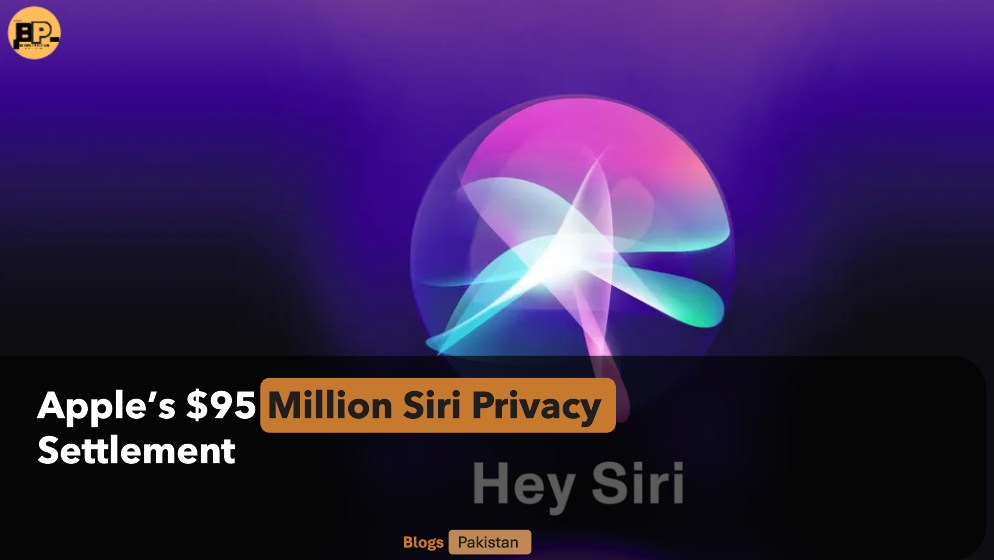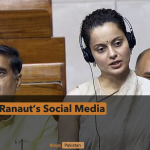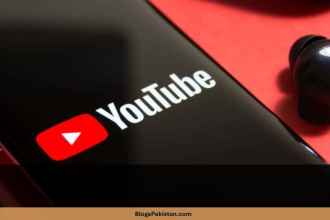In an era where voice assistants live in our pockets and homes, a single lawsuit has exposed the fine line between convenience and privacy. Apple’s recent $95 million settlement over Siri’s alleged eavesdropping isn’t just a corporate hiccup—it’s a wake-up call for millions of users who trusted their devices to listen only when asked.
Let’s unpack what happened, who’s eligible for compensation, and what this means for the future of tech privacy.
The Siri Privacy Lawsuit: A Timeline of Events
How a “Hey Siri” Feature Sparked Legal Fire
The controversy dates back to 2019, when a class-action lawsuit accused Apple of allowing Siri to record users’ private conversations—from medical discussions to romantic whispers—without consent. Plaintiffs argued these recordings were not only stored but shared with third-party contractors for “grading” (quality analysis).
One user reported receiving targeted ads for diabetes medication after casually mentioning their condition near an iPhone. Another claimed ads for luxury brands flooded their feed after discussing a dream vacation. While Apple denied wrongdoing, the tech giant opted to settle in 2024 to avoid a drawn-out legal battle.
Was Your Privacy Compromised? Check Eligibility
[Image: Checklist graphic titled “Eligible Devices” with icons of iPhone, iPad, MacBook, etc.]
If you’ve owned Apple devices since 2014, you might be entitled to compensation. Here’s the breakdown:
- Eligibility Window: September 17, 2014 – December 31, 2023
- Devices Covered:
- iPhone 6 or newer
- iPad Pro, Air, or Mini
- MacBook (2018+)
- Apple Watch (Series 1+)
- HomePod, iPod Touch, Apple TV
Compensation Details:
- 100perperson∗∗,cappedat∗∗100perperson∗∗,cappedat∗∗20 per device (up to 5 devices).
- Payouts depend on the number of valid claims filed.
How to Claim Your Share
- Visit the Settlement Portal: Head to AppleSiriSettlement.com before July 2, 2025.
- Use Your Claim ID: Check your inbox for an email titled “Lopez Voice Assistant Class Action Settlement”.
- Manual Submission: No email? Submit device serial numbers or proof of ownership.
A final court hearing on August 1, 2025, will approve the settlement. If greenlit, payments roll out swiftly—unless appeals delay the process.
Apple’s Defense vs. User Trust
“Privacy is a Fundamental Human Right” – But Did Siri Deliver?
Apple has long touted privacy as a cornerstone of its brand. In response to the lawsuit, the company stated:
“Siri is designed to protect user data. Audio snippets are anonymized and never linked to Apple IDs.”
Yet, plaintiffs revealed contractors could access sensitive details like:
- Medical diagnoses
- Financial conversations
- Intimate moments
Critics argue that even anonymized data, when paired with context, can paint shockingly accurate user profiles.
Why This Settlement Matters Beyond the Payout
[Image: Split-screen of a user speaking to Siri vs. a shadowy figure holding a microphone]
- The Illusion of Anonymity
While Apple claims data was stripped of identifiers, the lawsuit highlights how patterns in voice recordings can betray identities. A discussion about rare cancer treatments or a unique accent could make users traceable. - Third-Party Risks
Apple’s contractors—often external vendors—lacked the same accountability as full-time employees. This raises questions about how tech giants vet partners handling sensitive data. - The “Always Listening” Dilemma
Voice assistants require constant mic access to detect wake words like “Hey Siri.” But this case proves accidental triggers are more common than users realize.
Protecting Yourself in the Age of Smart Devices
4 Steps to Safeguard Your Privacy
- Review Siri Settings: Disable “Listen for ‘Hey Siri’” in Settings > Siri & Search.
- Delete Recordings: Go to Settings > Privacy > Analytics & Improvements > Siri & Dictation History to remove stored audio.
- Limit Ad Tracking: Opt out of personalized ads under Settings > Privacy > Apple Advertising.
- Stay Informed: Regularly check Apple’s privacy reports and settlement updates.
The Bigger Picture: Tech Accountability in 2024
This lawsuit isn’t an isolated incident. Amazon’s Alexa and Google Assistant faced similar backlash for covert recordings. However, Apple’s settlement sets a precedent:
- **95million∗∗isadropintheoceanfora95million∗∗isadropintheoceanfora2.7 trillion company, but the PR damage is significant.
- Regulators Are Watching: The FTC and EU have ramped up scrutiny of AI and voice tech, signaling stricter rules ahead.
[Image: Collage of global flags with text “GDPR (EU), CCPA (California), DPDP (India)”]
Final Thoughts: Privacy vs. Innovation
Apple’s settlement closes a chapter, but the debate rages on. Can tech giants balance groundbreaking innovation with ethical data practices? For now, users hold the power—to claim compensation, adjust settings, and demand transparency.










